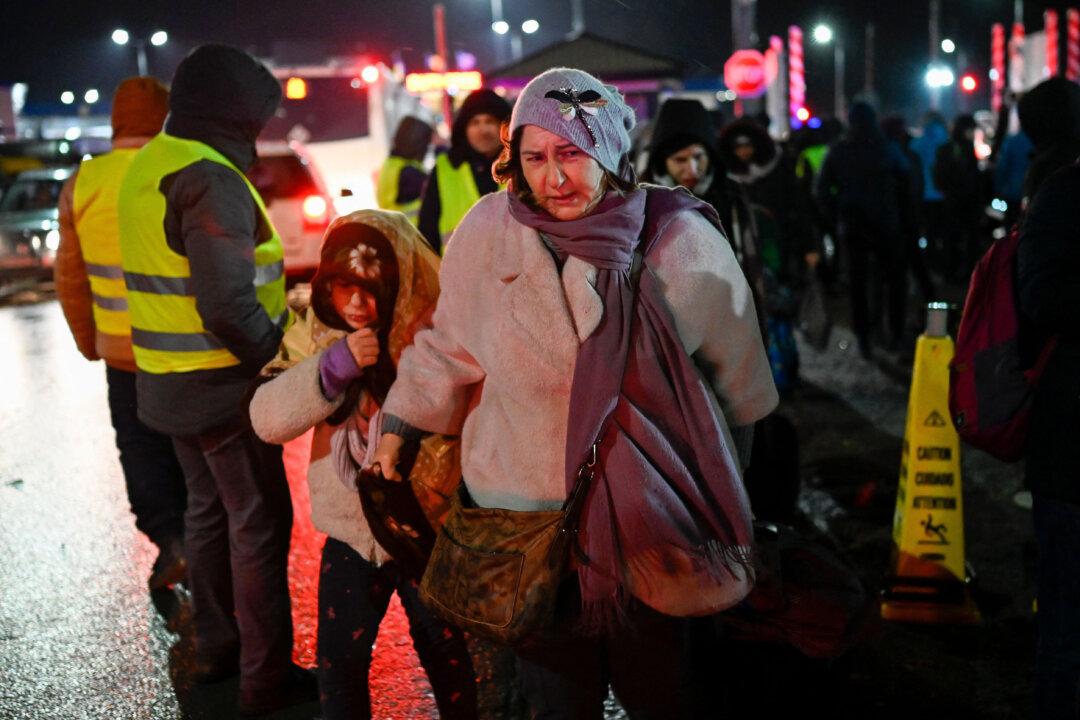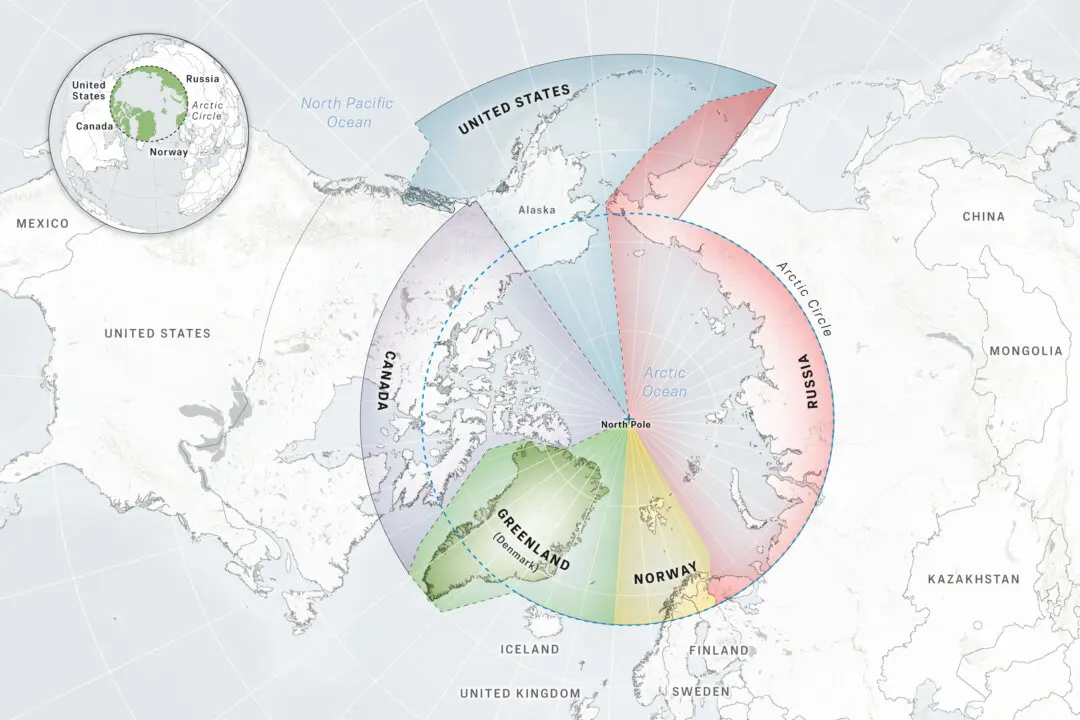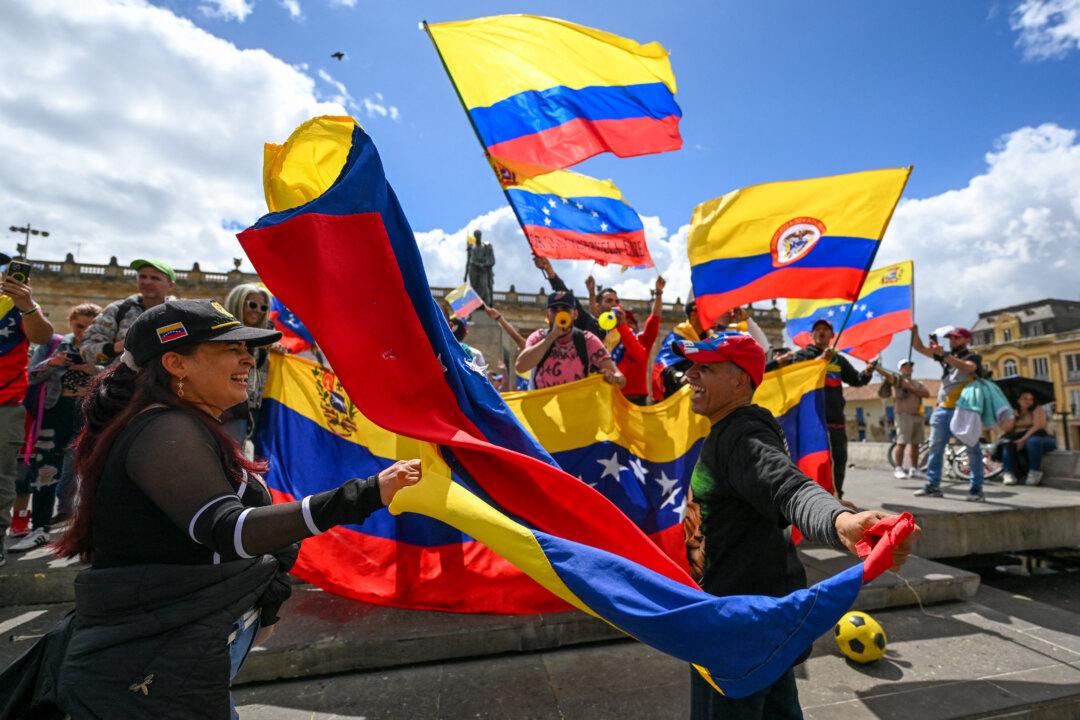Shortly after the first shots were fired on Ukraine during what Russian President Vladimir Putin called “special military operations” on Feb. 24, Ukrainians began fleeing from the front lines and flooded toward the border nations of Poland, Hungary, Moldova, Slovakia, and Romania.
The vast majority of Ukrainians evacuating are women and children because of the implementation of martial law, which specifies that Ukrainian men between the ages of 18 and 60 are restricted from leaving the country until further notice.





